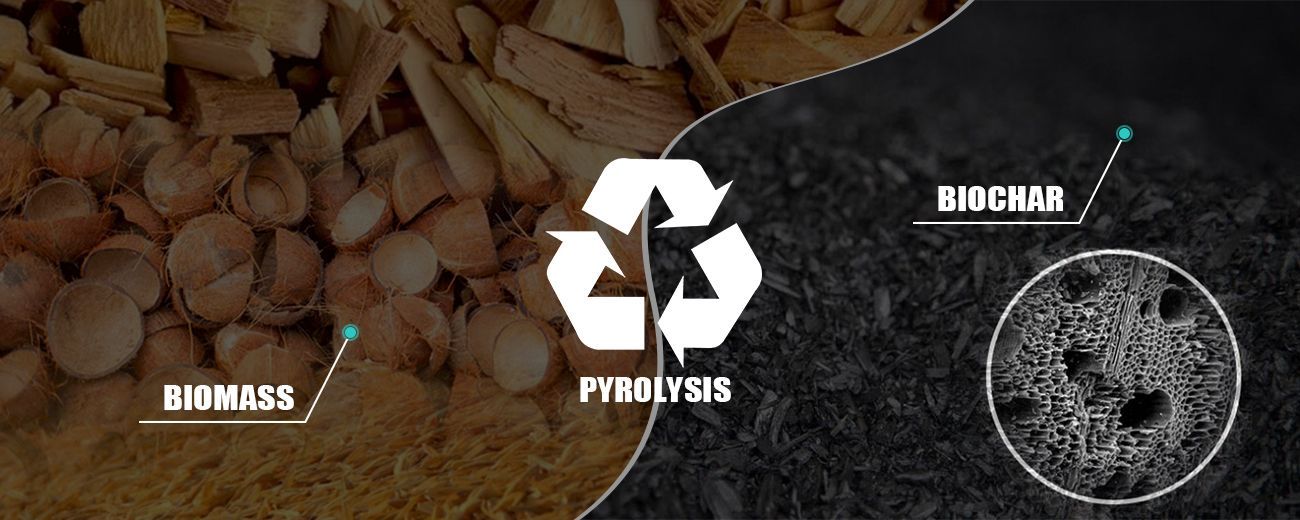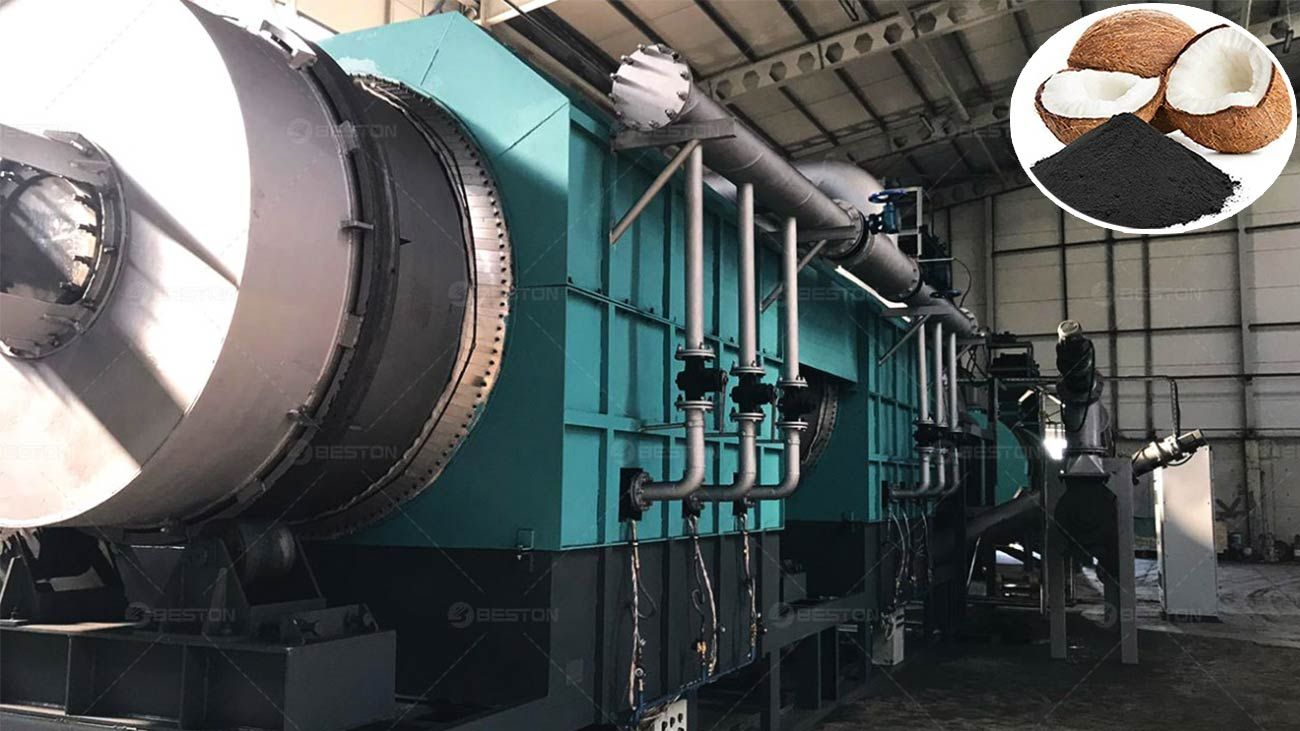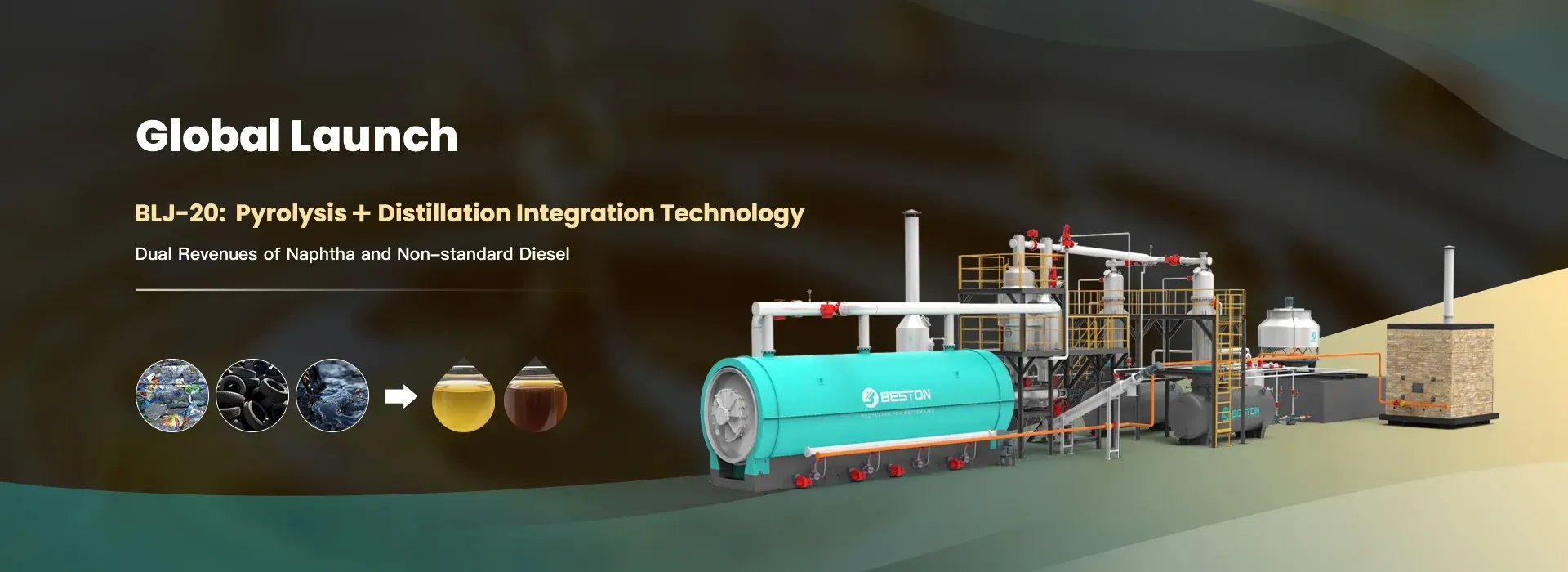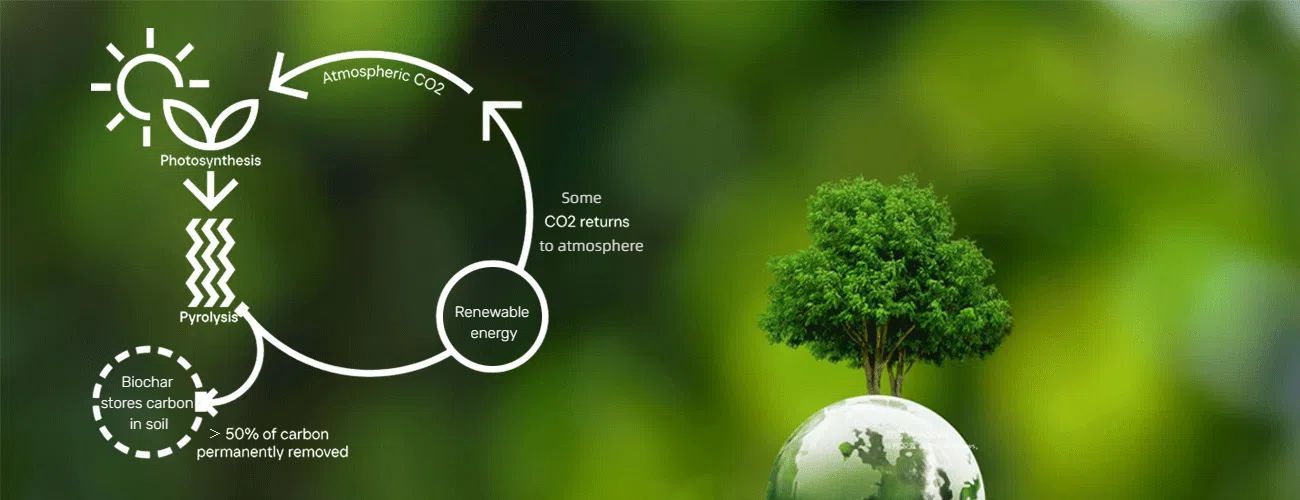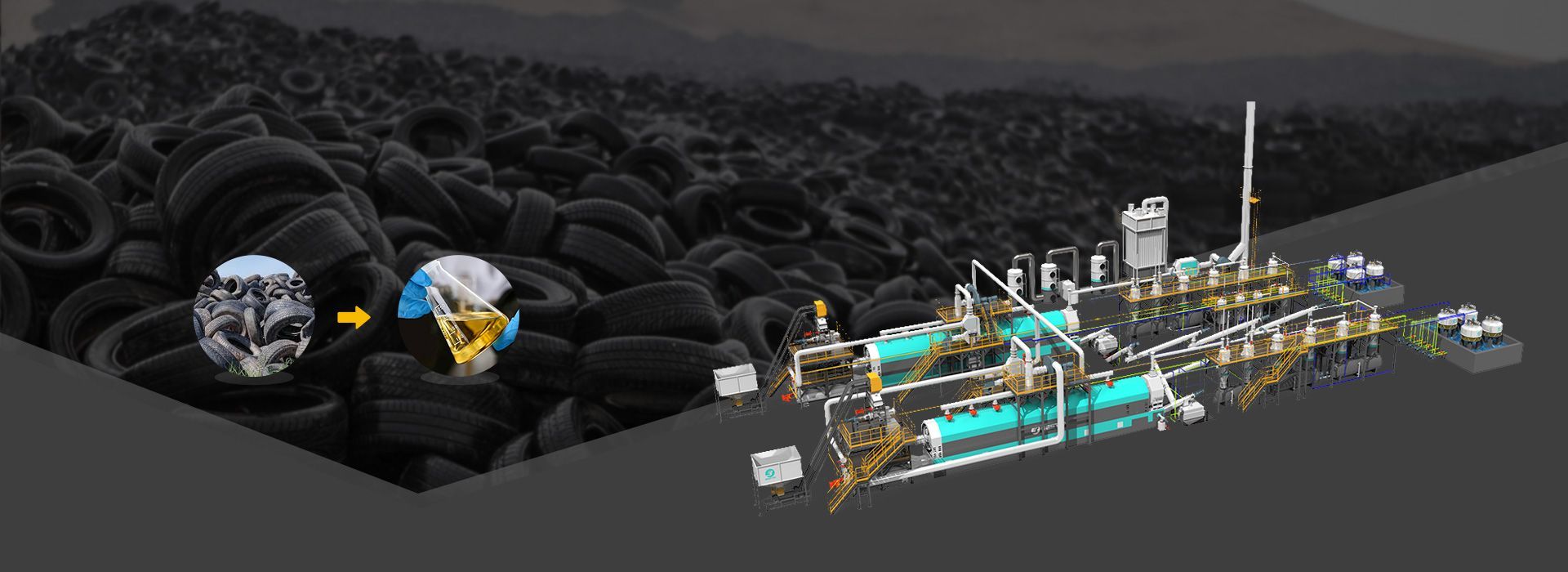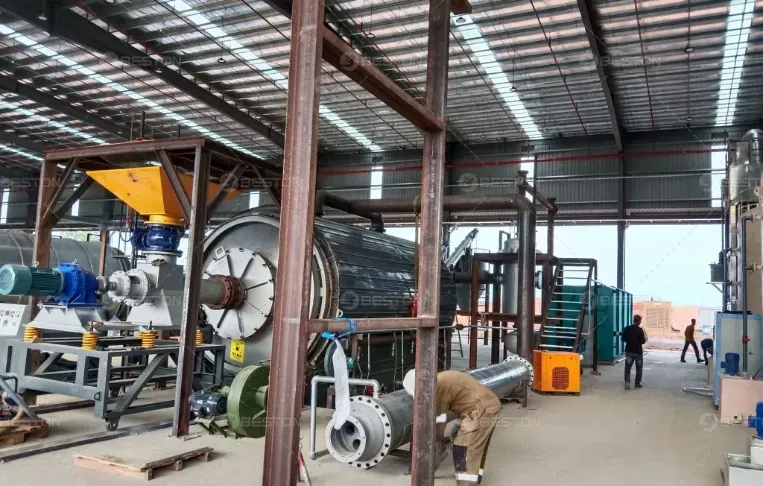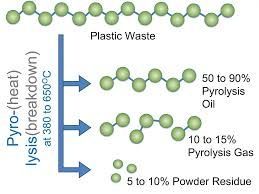Modern Evolution of Charcoal Production: Clean, Efficient, and Sustainable
This is a subtitle for your new post
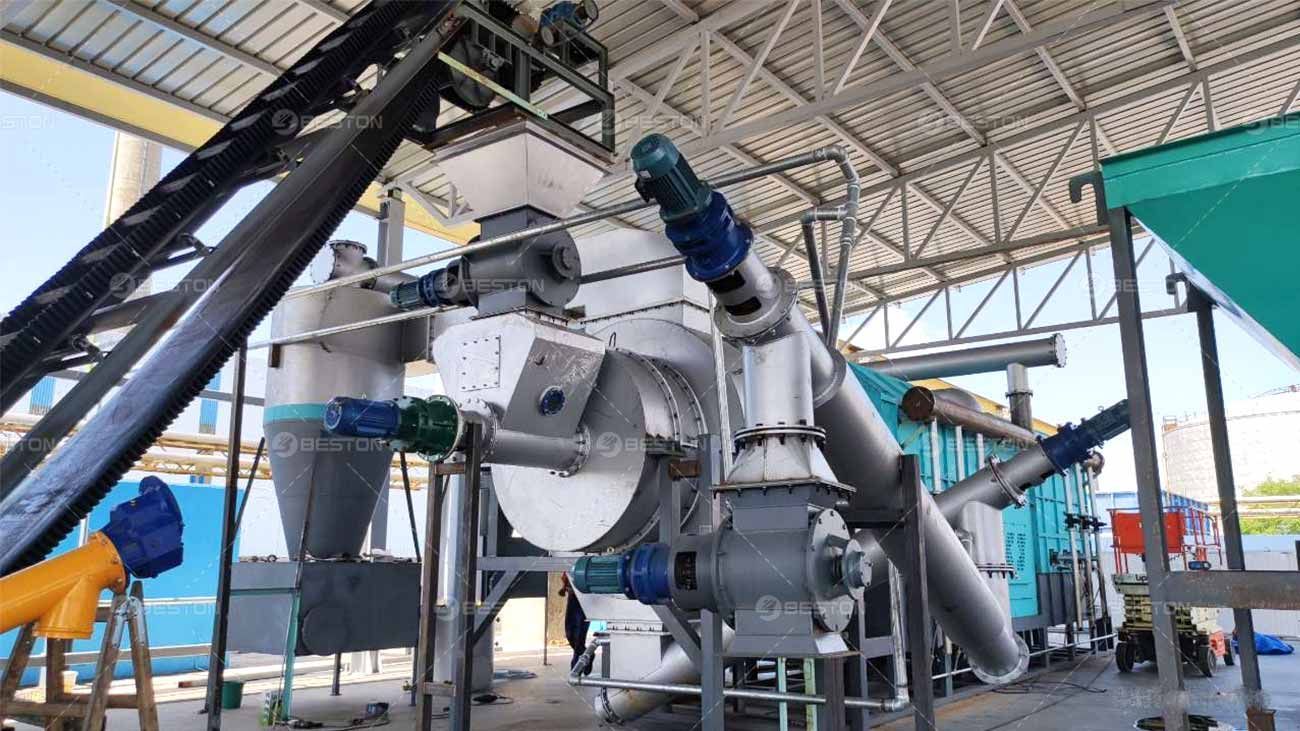
Charcoal has been a crucial energy source for centuries, traditionally made through slow-burning wood in earth-covered pits. While effective, this old-fashioned method often leads to heavy smoke emissions, low efficiency, and environmental degradation due to deforestation and air pollution. In recent years, a modern way of charcoal production has emerged, offering a cleaner, more sustainable, and efficient approach that meets both industrial demands and environmental standards.
At the heart of this modern transformation is the biomass pyrolysis technology. Unlike the traditional methods that rely on uncontrolled burning, modern charcoal production uses specialized equipment known as biomass carbonization machines. These machines operate under a condition of limited oxygen, turning organic waste such as wood chips, coconut shells, bamboo, sawdust, and even agricultural residues into high-quality charcoal through a process called pyrolysis. This process not only reduces emissions but also ensures a higher yield and consistent quality of the final product.
One of the most striking advantages of modern charcoal production machine is its eco-friendly nature. During pyrolysis, volatile substances are released in the form of combustible gas, which can be collected and reused as a heating source within the system. This closed-loop design not only saves energy but also minimizes the release of harmful gases into the atmosphere. Some advanced systems are even equipped with flue gas purification systems that filter out dust and harmful components, ensuring compliance with increasingly strict environmental regulations.
Furthermore, modern charcoal production has opened the door to the circular economy. Instead of cutting down trees, many producers now use waste biomass materials, giving a second life to what was once considered worthless. This not only reduces pressure on forests but also offers a profitable way to manage agricultural and forestry residues. For regions with abundant biomass waste, such as palm shells, rice husks, or sugarcane bagasse, charcoal production becomes an efficient method of waste-to-energy conversion.
The economic potential of this modern process is another reason it is gaining popularity worldwide. From small-scale producers to large industrial facilities, the demand for biochar is growing in various fields such as agriculture, metallurgy, water purification, and even cosmetics. The versatility and high calorific value of modern charcoal make it a desirable alternative to fossil fuels in many applications.
With the help of automation, the entire production process has become safer and more labor-efficient. Modern charcoal machines are often equipped with PLC control systems, allowing for precise temperature regulation, moisture monitoring, and production tracking. This level of control helps ensure consistent product quality and reduces operational risks.
As the world continues to seek sustainable solutions to energy and waste challenges, modern charcoal production represents a practical and forward-thinking approach. It reflects how innovation can transform traditional industries into environmentally responsible enterprises. Whether you're an investor, an environmentalist, or simply someone interested in renewable energy, the evolution of charcoal production is a compelling example of how technology can drive positive change.
